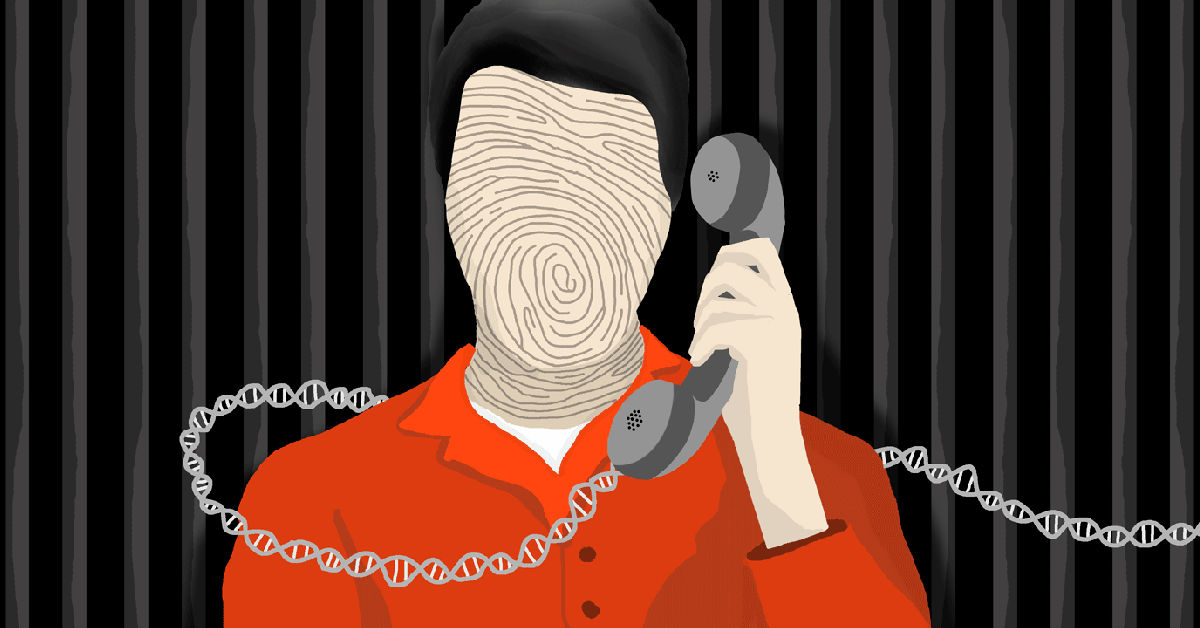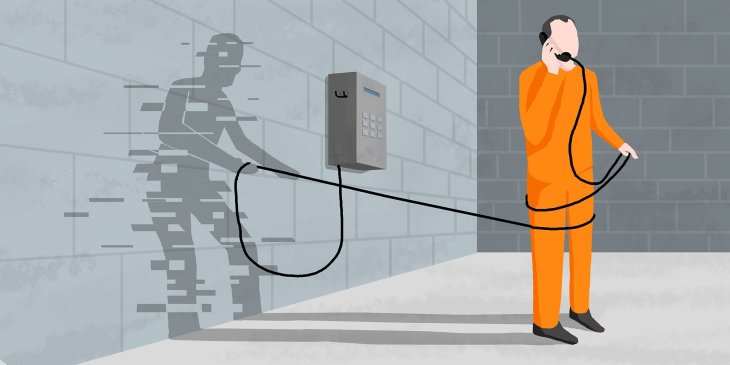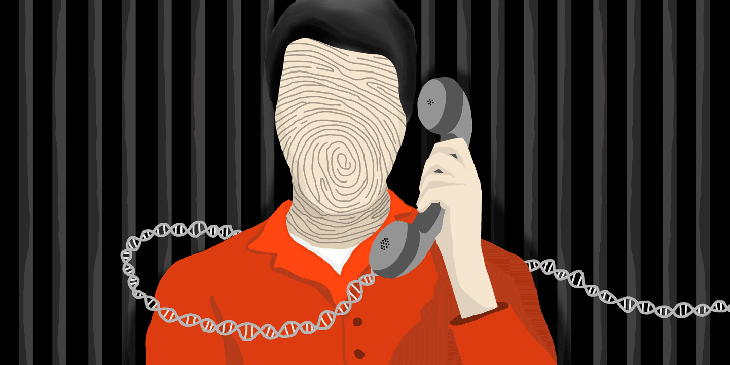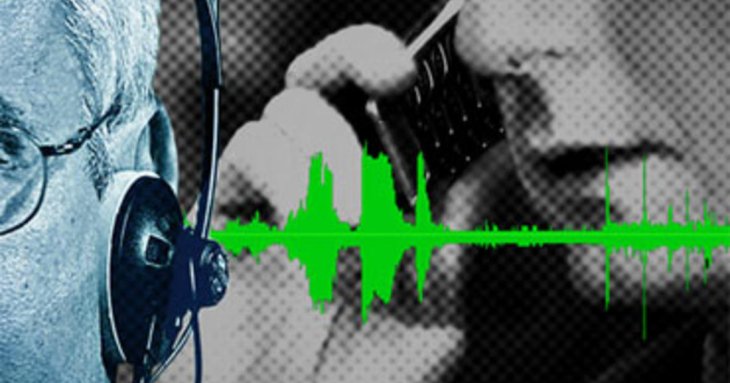Prisoners’ Voices Are Being Used To Build Voice Prints By The US Prisons
Jyotis - Feb 05, 2019

However, the initial estimates have pointed out that the voice prints could be built from over 2 lakhs prisoners.
- Unable To Type, Google Engineer Creates His Own Voice Recognition Software
- US Prisons Use Expensive Video Call Services To Replace In-Person Visits
According to a recent report, US prisons are using the prisoners’ voices to create massive “voice print” database while they have been unaware of it.

The Intercept revealed that a series of US prisons in Arizona, New York, Arkansas, Florida, and Texas have extracted and digitised the prisoners' voices by the voice recognition technology to generate voice prints which are identifiable and unique biometric signatures.
The technology will help these prisons to follow phone calls, as well as seek for previous communications made by the same person with the same voice. And hence, suspicious conversations will be marked.
The Intercept also stated that the Department of Defence first developed this technology to trail possible terrorist activities. Then, the US prisons bought it to establish their own database from prisoners.

In fact, prisoners were forced to participate in this program. According to an unknown inmate from the Sing Sing prison in New York, he was required to read phrases which were supposed to generate voice print. In case he disobeyed the request, he would lose his cellphone privileges. Even when the prisoners get freedom, the data gathered from their voices is still stored. Besides, the voices of those who call into these prisons are recorded and put in storage.
Civil liberties organisations have been filled with concern that prisoners are forced to grant their permission for the US prisons to record their voices as a database, or even a lot of these prisoners are unaware of it.
According to a prison official’s confirmation, the voice recognition technology has been used, but there are many questions regarding leveraging the data. Other agencies may have permission to access the database, as well as make use of these voice prints in some particular cases.

One of the most notable things here is that even citizens, who have no criminal record but have had a talk with a prisoner, will accidentally offer their voices for the government investigation.
Prison advocacy groups concern that advanced technology would become a tool to prevent prisoners from uncovering bad conditions in the current US prisons. When the voice of a prison welfare advocate is derived and tagged with a flag, the calls he/she receives in the future will be supposedly suspicious.
We have not yet determined whether the data from the prisoners' voices could be shared among these US prisons or not, as well as how many prisoners have taken part in this program. However, the initial estimates have pointed out that the voice prints could be built from over 2 lakhs prisoners.
Although the voice recognition technology has become more popular in many kinds of devices, from Google Home to Amazon Echo, the application in prisons seems to be rather new. Along with the development of this technology, the databases will be more and more valuable.
Featured Stories

ICT News - Feb 10, 2026
Discord's Teen Safety Sham: Why This Data Leak Magnet Isn't Worth Your Trust...

ICT News - Feb 09, 2026
PS6 Rumors: Game-Changing Specs Poised to Transform Console Play

ICT News - Feb 08, 2026
Is Elon Musk on the Path to Becoming the World's First Trillionaire?

ICT News - Feb 07, 2026
NVIDIA's Gaming GPU Drought: No New Releases in 2026 as AI Takes Priority

ICT News - Feb 06, 2026
Elon Musk Clarifies: No Starlink Phone in Development at SpaceX

ICT News - Feb 03, 2026
Elon Musk's SpaceX Acquires xAI in Landmark $1.25 Trillion Merger

ICT News - Feb 02, 2026
Google's Project Genie: Premium Subscribers Unlock Interactive AI-Generated Realms

ICT News - Dec 25, 2025
The Visibility Concentration Effect: Why Half the Web Isn’t Qualified Anymore

ICT News - Jul 05, 2025
Windows 11 is Now the Most Popular Desktop OS in the World

ICT News - Jul 02, 2025
All About Florida’s Alligator Alcatraz: A Smart Move for Immigration Control
Read more

ICT News- Feb 10, 2026
Discord's Teen Safety Sham: Why This Data Leak Magnet Isn't Worth Your Trust Anymore
Cancel your Nitro, export your data, and move on before the next leak hits. Your personal information deserves better.

Mobile- Feb 11, 2026
Top 5 Cheap and Efficient Gaming Phones in 2026
These phones prove you don't need $1000+ for efficient gaming. The RedMagic 11 Air leads for pure power, while POCO options win on value.

ICT News- Feb 09, 2026
PS6 Rumors: Game-Changing Specs Poised to Transform Console Play
Keep an eye out for Sony's official reveals as we near what's ahead.
Comments
Sort by Newest | Popular